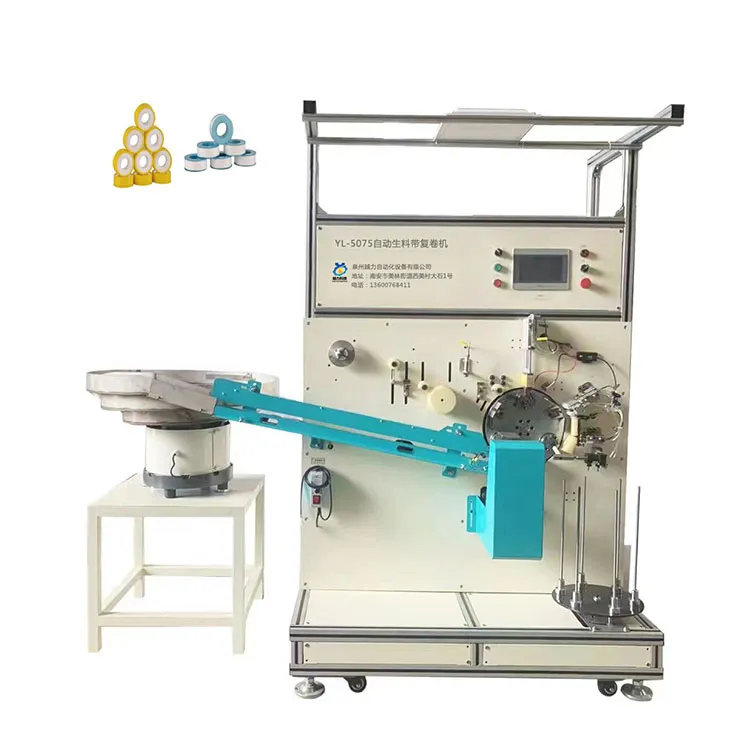Information about Special Purpose Machines
2024-07-28
A Special Purpose Machine (SPM) is designed and engineered for specific tasks or applications that are not efficiently handled by general-purpose machines. SPMs are often customized to meet unique manufacturing needs and are used across various industries to improve efficiency, precision, and productivity.
Key Characteristics of Special Purpose Machines:
1. Customization:
- Tailored Design: Built to meet specific requirements of a particular process or product. This often involves custom engineering and design.
- Specialized Features: Equipped with unique features or attachments that cater to particular tasks, such as special tooling, fixtures, or automation systems.
2. Functionality:
- Dedicated Tasks: Optimized for particular operations such as drilling, milling, grinding, or assembly.
- Increased Efficiency: Designed to perform tasks more efficiently than general-purpose machines by reducing cycle times and increasing throughput.
3. Automation:
- Automation Integration: Often includes automation components like robotics, conveyors, or PLCs (Programmable Logic Controllers) to automate repetitive tasks and enhance precision.
- Reduced Manual Intervention: Minimizes the need for manual handling and adjustment, improving consistency and reducing labor costs.
4. Precision:
- High Accuracy: Built to achieve high precision and repeatability for specialized operations, crucial for industries like aerospace, automotive, and electronics.
5. Production Volume:
- High Volume Production: Ideal for high-volume manufacturing runs where the same process is repeated multiple times.
Common Types of Special Purpose Machines:
1. Drilling Machines:
- Designed for high-speed, precise drilling operations in specific parts or materials.
2. Milling Machines:
- Customized for complex milling operations, often with multiple axes or specialized tooling.
3. Grinding Machines:
- Focused on precision grinding of specific parts, such as gears or shafts.
4. Assembly Machines:
- Used for automated assembly of components, including fastening, inserting, and testing.
5. Inspection Machines:
- Equipped with sensors and cameras for automated inspection and quality control of parts.
6. Cutting Machines:
- Specialized for cutting specific materials or shapes, such as laser or water jet cutting machines.
7. Forming Machines:
- Designed for specific forming processes like stamping, bending, or molding.
Benefits of Special Purpose Machines:
1. Increased Productivity:
- Faster Operations: Reduced cycle times and optimized processes lead to higher production rates.
- Higher Throughput: Capable of handling large volumes of work with minimal downtime.
2. Enhanced Quality:
- Consistency: Provides uniformity and accuracy in the production of parts, reducing defects and improving overall quality.
- Precision: Achieves high precision that may be difficult with general-purpose machines.
3. Cost Efficiency:
- Lower Unit Costs: While initial investment might be high, the efficiency and productivity gains often result in lower per-unit production costs.
4. Flexibility:
- Adaptability: Can be reconfigured or modified to handle different tasks or products, depending on the design and requirements.
5. Reduced Labor:
- Automation: Reduces the need for manual intervention and labor, lowering operational costs and improving safety.
Design and Development Considerations:
1. Application Requirements:
- Specifications: Clearly define the requirements of the specific task, including dimensions, tolerances, and material properties.
- Process Optimization: Ensure the machine design aligns with the intended process to achieve optimal performance.
2. Integration:
- Automation: Consider integrating automation technologies for efficiency and precision.
- Compatibility: Ensure the machine can integrate with existing production lines and systems.
3. Cost:
- Budget: Evaluate the cost of design, development, and implementation against the expected benefits and return on investment.
4. Maintenance:
- Serviceability: Design for ease of maintenance and repair to minimize downtime and ensure long-term reliability.
5. Safety:
- Compliance: Ensure the machine meets safety standards and regulations to protect operators and equipment.
Applications of Special Purpose Machines:
- Automotive Industry: Manufacturing and assembly of automotive components, including engines and transmissions.
- Aerospace Industry: Precision machining of parts for aircraft and spacecraft.
- Electronics Industry: Production of electronic components and assemblies.
- Medical Device Manufacturing: Production of medical devices and components with high precision.
- Consumer Goods: Assembly and packaging of consumer products.
Special Purpose Machines are integral to modern manufacturing, offering customized solutions for specific tasks and enhancing overall production efficiency.



